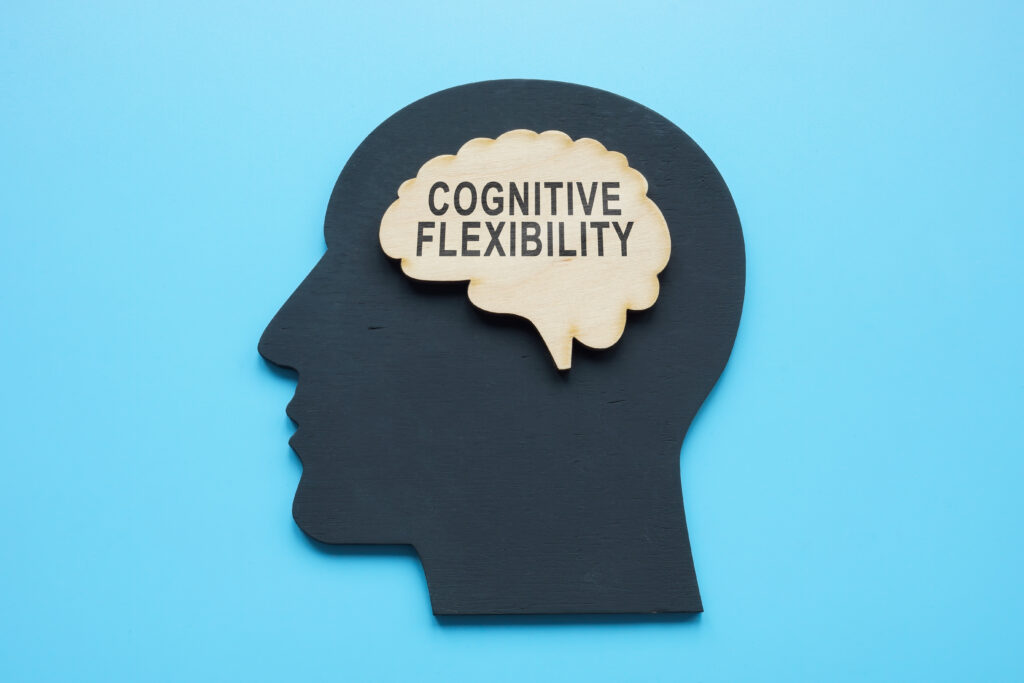Metacognition is a term that refers to the awareness and understanding of one’s own thought processes. It involves being able to reflect on your own thinking, make judgments about your cognitive abilities, and use strategies to regulate and improve your thinking. In simpler terms, it is thinking about thinking.
In recent years, the concept of metacognition has gained increasing attention in the field of Alzheimer’s disease research. Alzheimer’s disease is a degenerative brain disorder that affects millions of people worldwide. It is characterized by a gradual decline in memory, thinking, and eventually, the ability to carry out daily tasks. As the disease progresses, individuals may also experience changes in their metacognitive abilities.
At the early stages of Alzheimer’s disease, individuals may still have intact metacognitive abilities. They may be aware of their memory lapses and try to compensate for them by using memory aids or strategies. However, as the disease progresses, the impairment in metacognitive abilities becomes more prominent.
One of the key aspects of metacognition that is affected by Alzheimer’s disease is self-awareness. Self-awareness is the ability to recognize and understand one’s own strengths and weaknesses. In individuals with Alzheimer’s disease, this ability can become impaired, making it difficult for them to accurately assess their cognitive abilities.
For instance, a person with Alzheimer’s may overestimate their memory capabilities and believe that they can remember things that they actually cannot. This can lead to frustration and embarrassment when they are unable to recall information or complete tasks that they believed they could do. On the other hand, they may also underestimate their abilities and avoid engaging in activities that they could still perform.
Another aspect of metacognition that is affected by Alzheimer’s disease is cognitive monitoring. This refers to the ability to assess one’s own performance and identify errors or areas of improvement. In Alzheimer’s, individuals may have difficulty in accurately monitoring their own cognitive performance. They may not be able to recognize when they make mistakes or when their thinking is impaired.
This can have significant consequences, as it can lead to individuals making poor decisions and being unable to adjust their behavior accordingly. For example, a person with Alzheimer’s may continue doing tasks that they are no longer capable of doing, leading to frustration and potential harm.
The decline in metacognitive abilities in Alzheimer’s disease is thought to be due to the degeneration of brain regions responsible for self-awareness and cognitive monitoring. The prefrontal cortex, which plays a crucial role in executive functions, including metacognition, is one of the areas most affected by Alzheimer’s disease.
Metacognitive impairments in Alzheimer’s disease not only affect the individuals themselves but also their caregivers. Caregivers may struggle to understand why their loved ones are behaving in certain ways or why they are having difficulty completing tasks that they previously could do. This lack of understanding can lead to frustration and tension between caregivers and individuals with Alzheimer’s.
However, there is hope for improving metacognitive abilities in Alzheimer’s disease. Research has shown that cognitive training programs focused on metacognition can help improve self-awareness and cognitive monitoring in individuals with Alzheimer’s. These programs involve teaching individuals strategies to monitor their own thinking, recognize errors, and use compensatory strategies.
In addition, caregivers can also play a crucial role in supporting metacognition in individuals with Alzheimer’s. By understanding the changes in metacognitive abilities that occur in the disease, caregivers can provide appropriate support and guidance. This may involve reminding individuals of their strengths, helping them use compensatory strategies, and providing feedback on their performance.
In conclusion, metacognition is a critical aspect of cognitive functioning that is affected by Alzheimer’s disease. The decline in self-awareness and cognitive monitoring can have significant consequences for individuals with the disease and their caregivers. However, with early detection and appropriate interventions, it is possible to support and improve metacognitive abilities in individuals with Alzheimer’s, helping them maintain a sense of control and independence for as long as possible.


